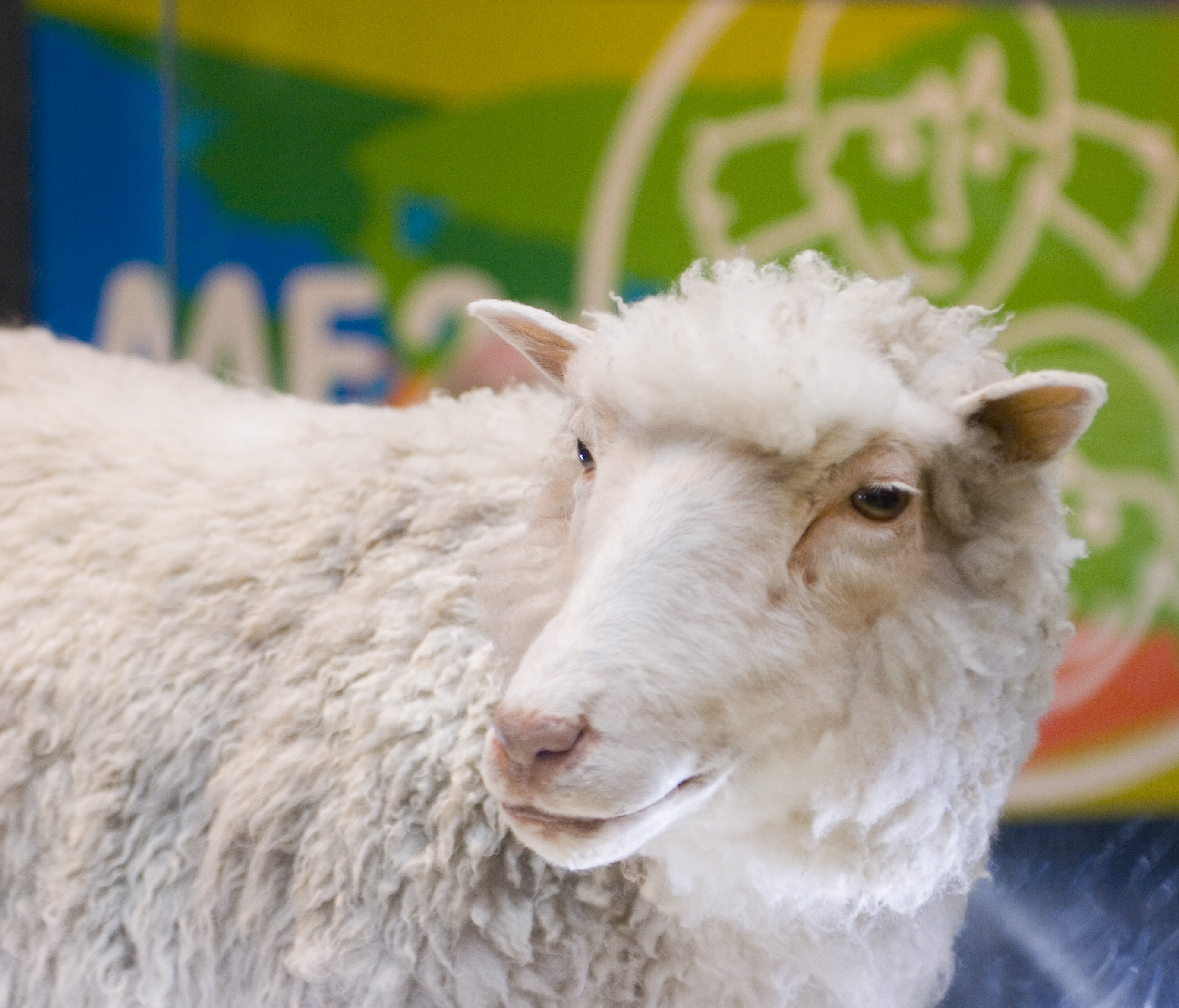Aggregated News

In 1949, when John Gurdon was a 16-year-old boarding school student at Eton College in England, his teacher described his biology studies as “disastrous” and his scientific ambitions as “ridiculous.”
“If he can’t learn simple biological facts,” his term report read, “he would have no chance of doing the work of a specialist, and it would be a sheer waste of time both on his part, and of those who have to teach him.”
Dr. Gurdon, who also was criticized for insisting “on doing his work in his own way,” became a man of science, the first person to clone an animal — in this case, a frog — using DNA taken from an adult member of the species, something previously believed to be impossible. For his work, he received the 2012 Nobel Prize in physiology or medicine.
His death Tuesday, at 92, was announced by the University of Cambridge, where he was a longtime professor of cell biology. His colleague Ben Simons, a researcher at the Cambridge Stem Cell Institute, said Dr. Gurdon died “at home” but did...



